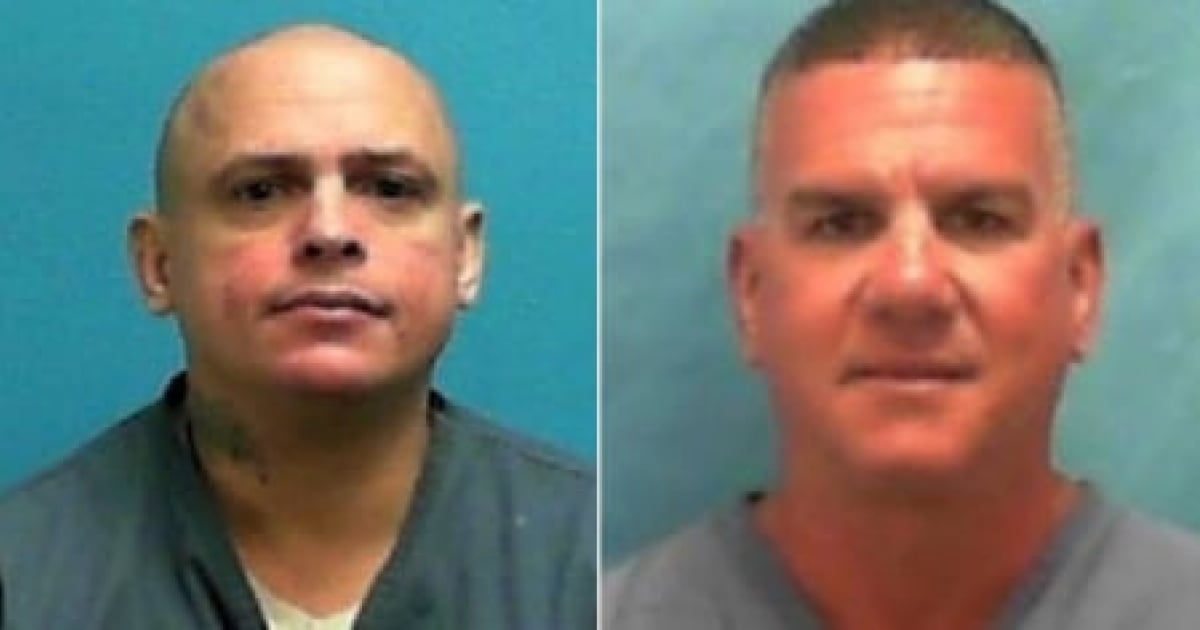The U.S. government has insisted that it adhered to all necessary protocols in its attempt to deport two Cuban nationals with extensive criminal records back to Cuba, who ultimately ended up in South Sudan. During a press conference in Miami, Mike Hammer, the Chargé d'Affaires of the U.S. Embassy in Cuba, stated that such inquiries should be directed to the Department of Homeland Security. However, he clarified, "Generally, when we seek to deport a Cuban citizen, we notify the Cuban regime. If they refuse, we must explore other solutions."
This week, the U.S. government has faced intense criticism following revelations that immigrants convicted of serious offenses, including Cuban citizens, were deported to South Sudan, known as one of the world's most unstable countries. Human rights advocates have raised concerns about this practice, while a U.S. federal judge has demanded immediate explanations.
According to the Associated Press, at least eight immigrants with convictions for violent crimes have been deported recently. Although officials have not officially disclosed the final destination of these individuals, multiple sources suggest South Sudan as the receiving country.
The Cuban nationals identified on the flight were Enrique Arias-Hierro and José Manuel Rodríguez-Quiñones. The Department of Homeland Security issued a brief statement indicating that Arias-Hierro was apprehended by ICE on May 2, 2025, and has convictions for murder, armed robbery, impersonating an official, kidnapping, and burglary.
Rodríguez-Quiñones, on the other hand, was detained on April 30 and had been convicted of attempted first-degree murder with a weapon, physical assault, theft, and canine trafficking. Both individuals were deemed by ICE as posing "significant threats to national and public safety."
Authorities have explained that utilizing "third countries" is a strategy employed when the home countries refuse to take back their nationals, a scenario often encountered with Cuba.
Key Concerns About Deportation Practices
Why were the Cuban deportees sent to South Sudan?
The deportees were sent to South Sudan because Cuba refused to accept them back, necessitating the use of alternative countries willing to take them.
What crimes were the Cuban nationals convicted of?
Enrique Arias-Hierro was convicted of murder, armed robbery, impersonating an official, kidnapping, and burglary. José Manuel Rodríguez-Quiñones was convicted of attempted first-degree murder with a weapon, physical assault, theft, and canine trafficking.
How does ICE determine deportation destinations?
ICE considers deportation destinations based on the willingness of countries to accept deportees. When the home country, such as Cuba, refuses them, ICE must find alternative countries that agree to accept these individuals.
